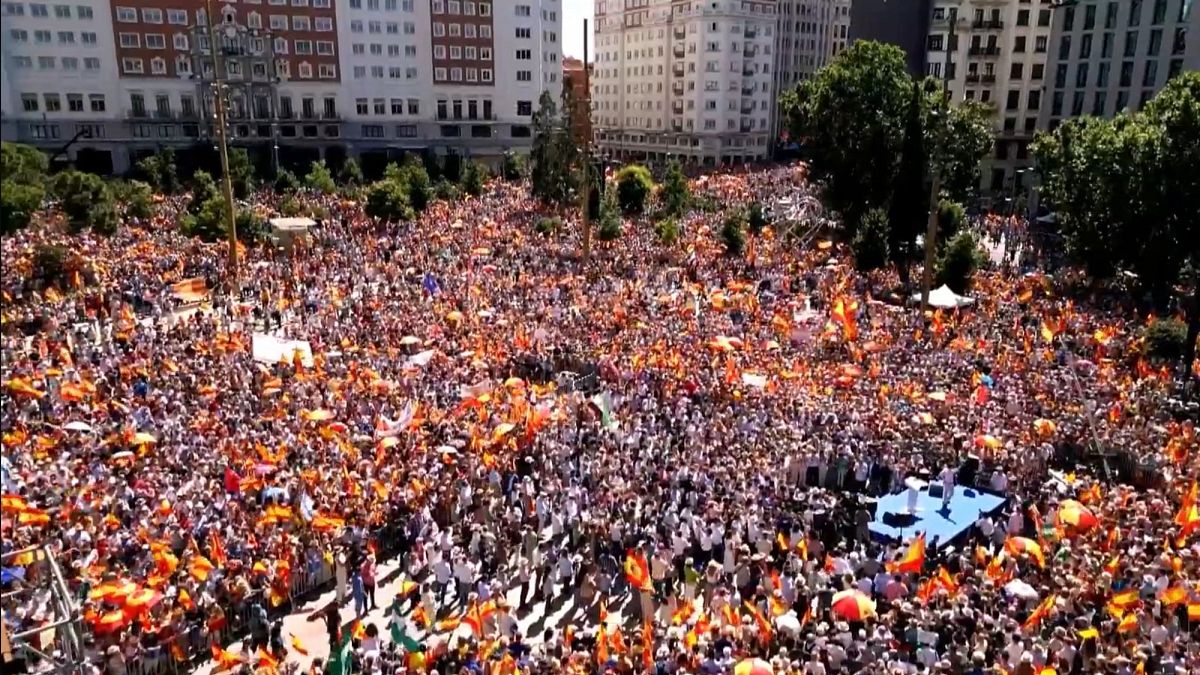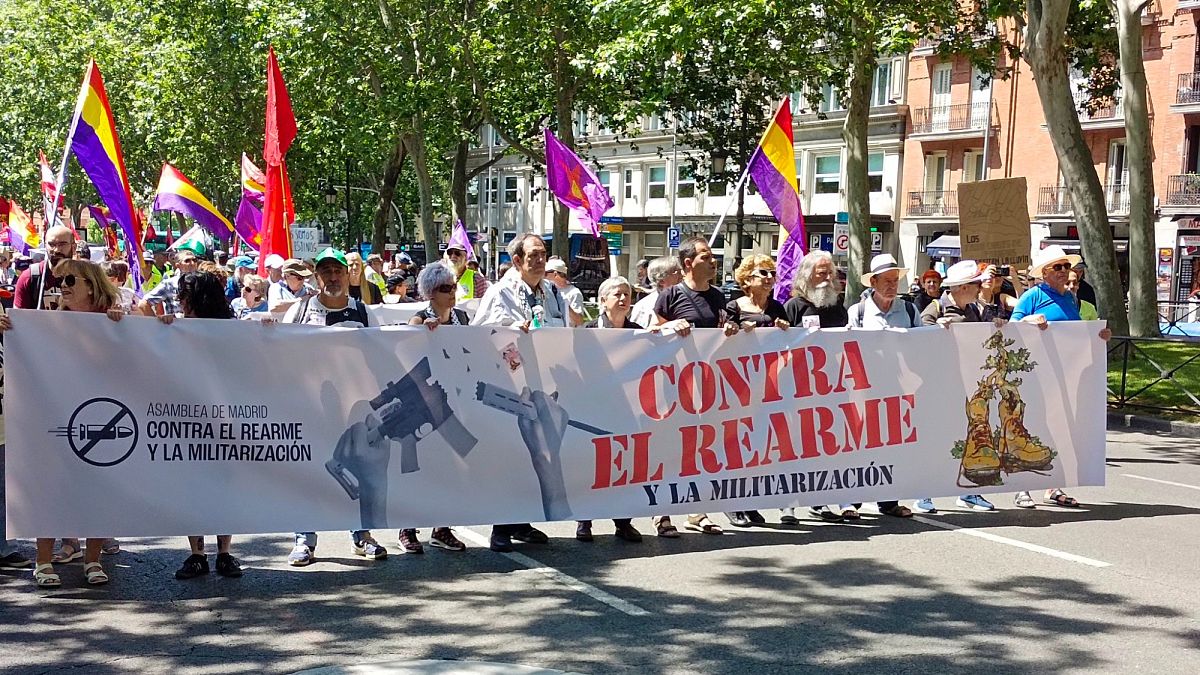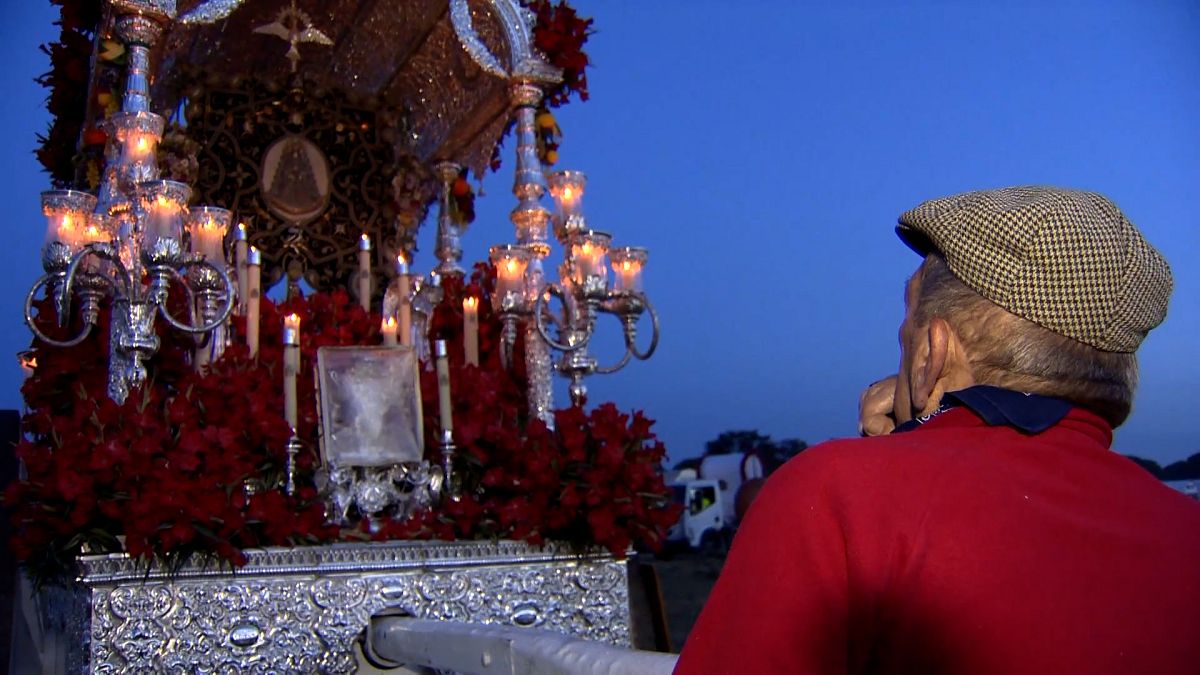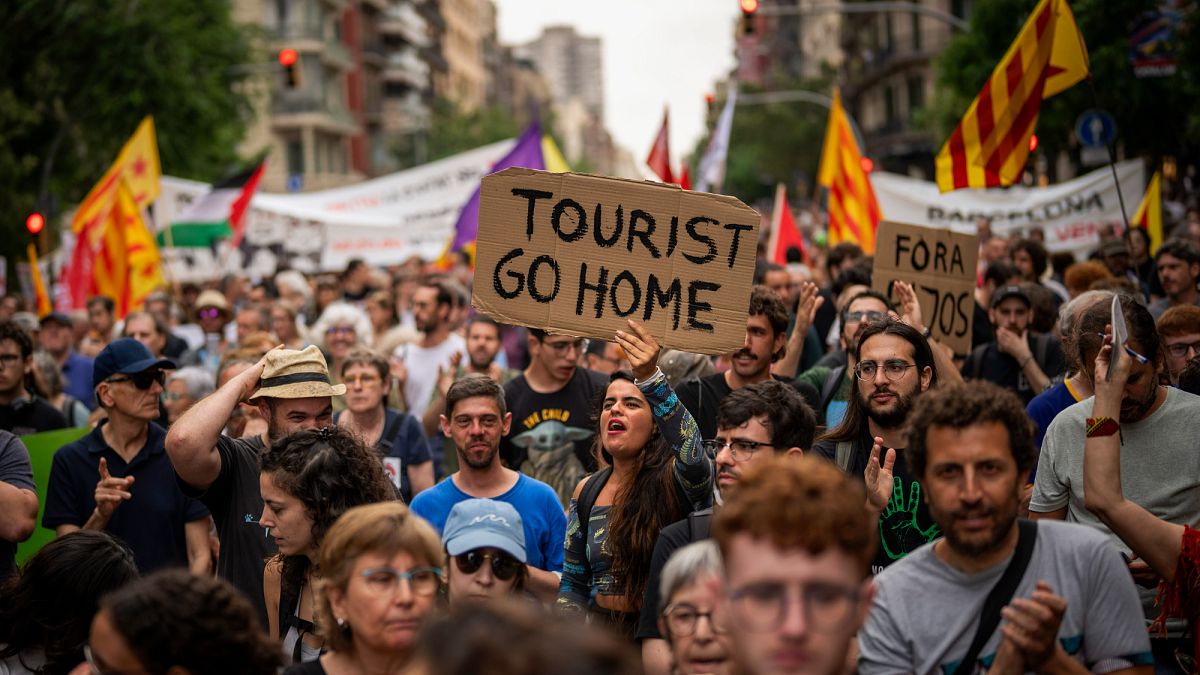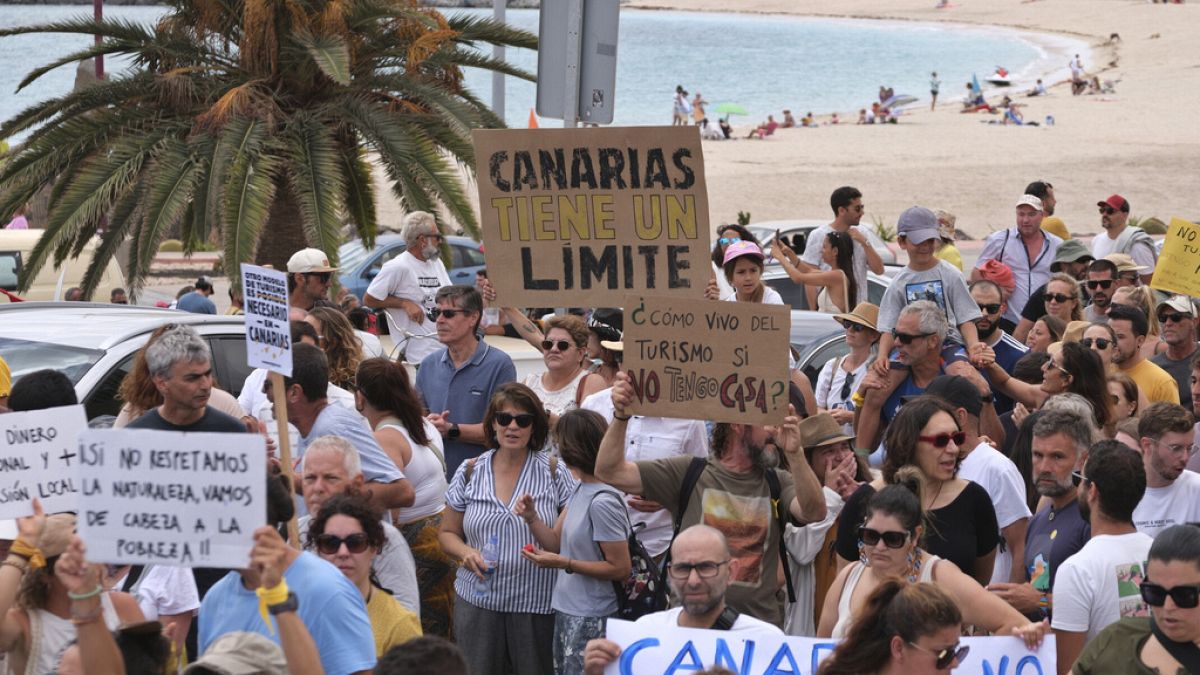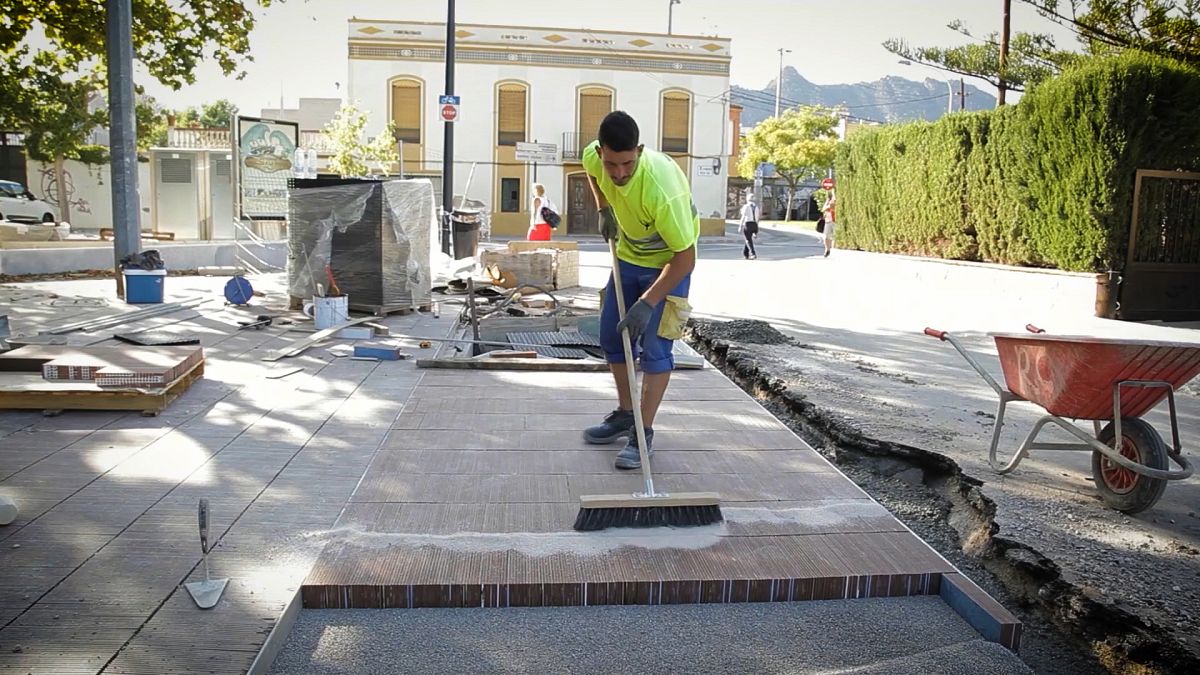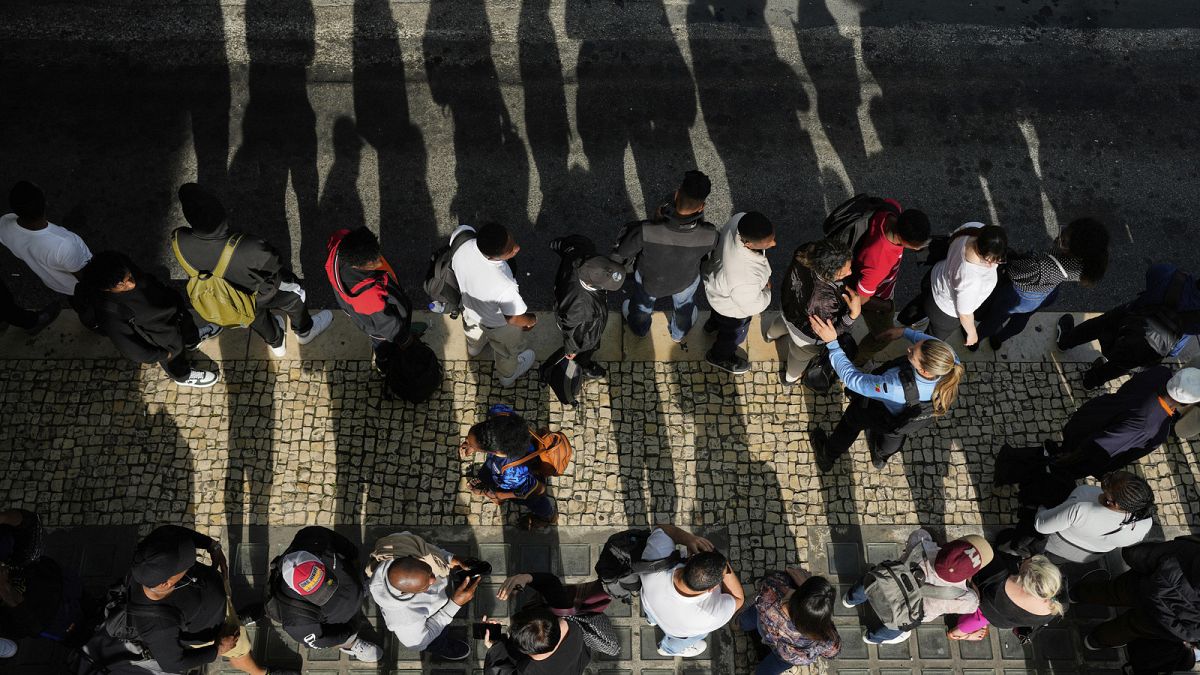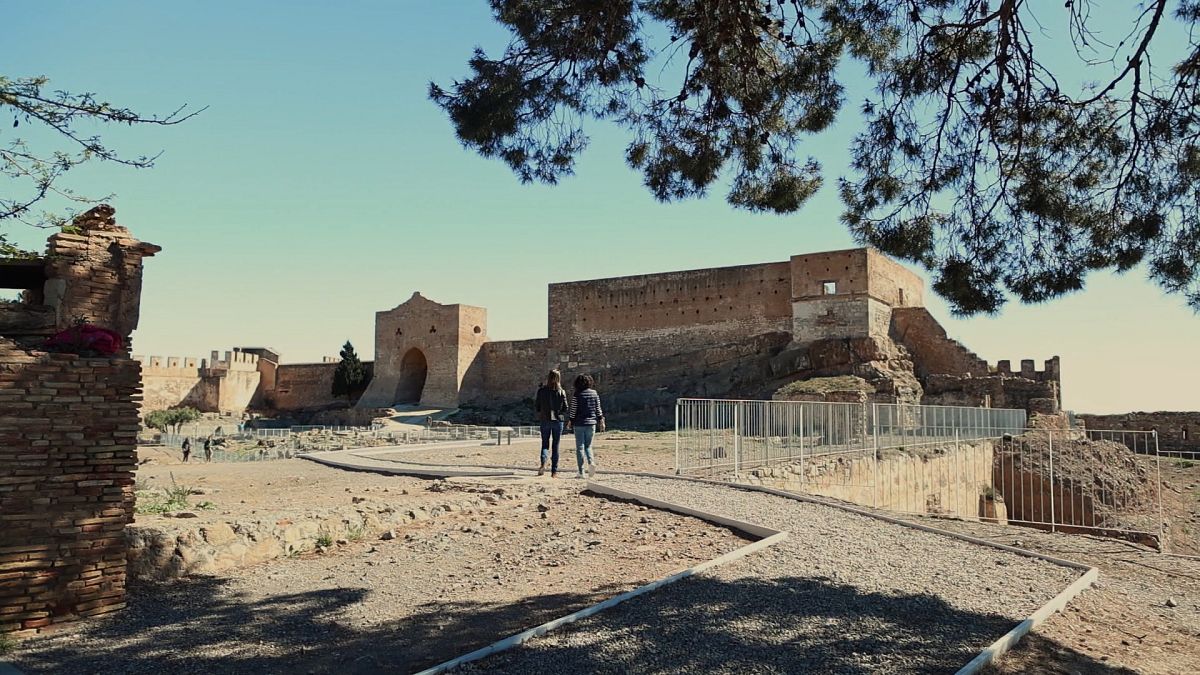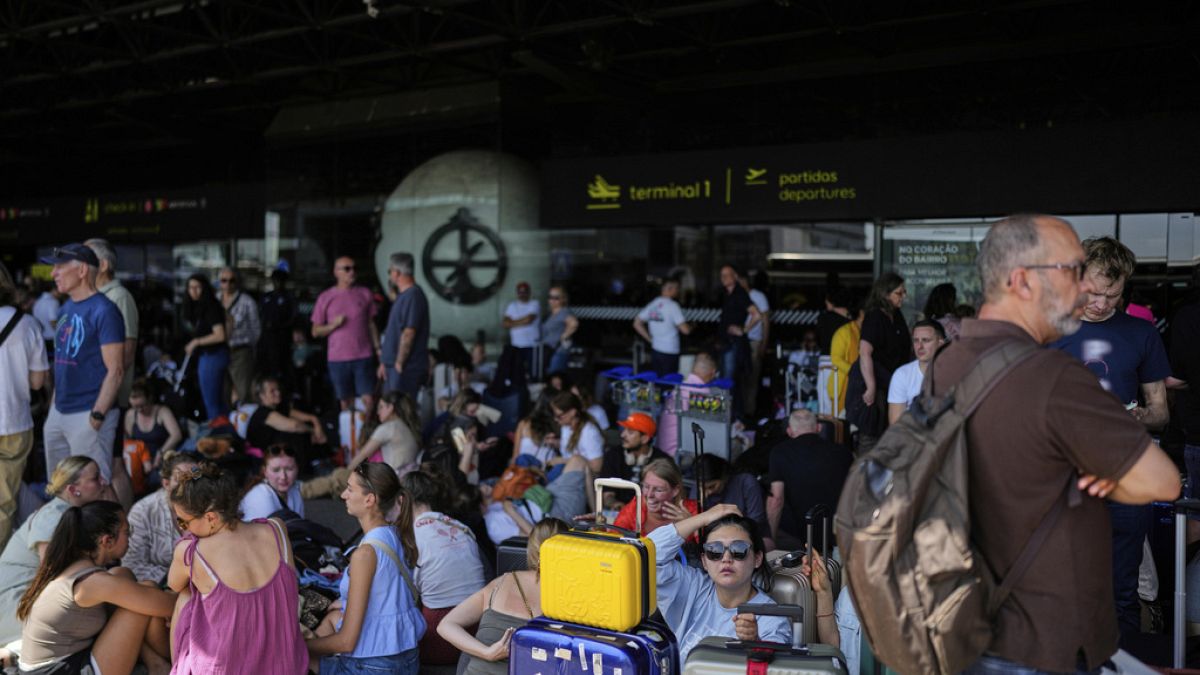Spain’s Socialist leader now has a chance to become Prime Minister
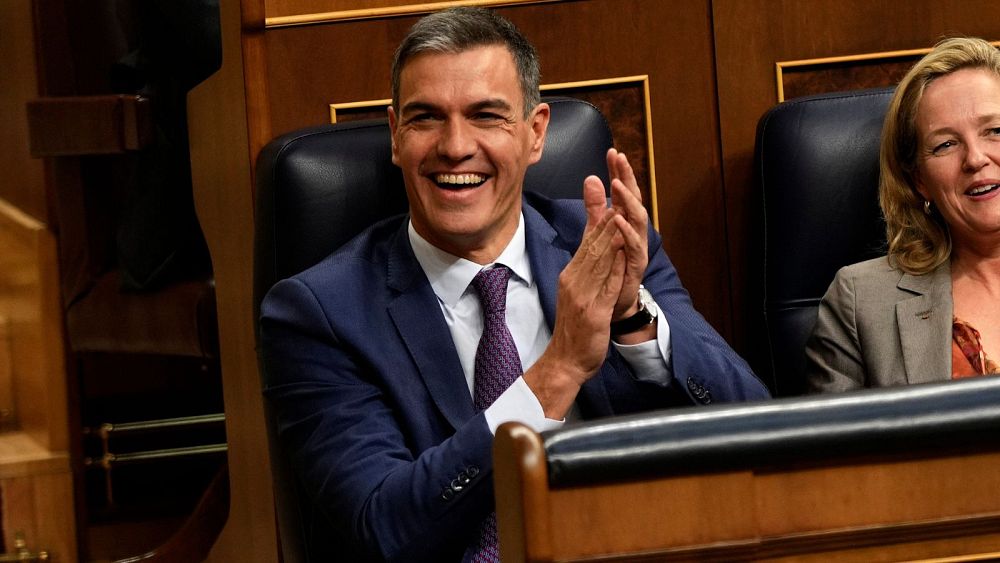
The Popular Party’s leader Alberto Núñez Feijóo failed to collect enough votes to lead a government.
Spain’s acting centre-left Prime Minister Pedro Sánchez may have lost July’s national election – but he has a shot at returning to power after the leader of the Conservatives failed for a second time on Friday to get parliament’s support for a new government.
In a vote in the Congress of Deputies in Madrid, the Spanish parliament’s lower chamber, Popular Party leader Alberto Núñez Feijóo collected 172 lawmakers’ votes in his favour to 177 against him, with one vote declared null and void.
That was roughly the same tally that he received two days earlier, in the first round of voting. The defeat exhausted his chances of taking power, bar an exceptional turn of events.
The Popular Party currently holds 137 seats in the Congress of Deputies – the most of any party – following the election. But, even with backing from the far-right Vox party’s 33 lawmakers and two from small conservative rivals, it was not enough for Feijóo to win a simple parliament majority.
The July election produced a splintered parliament made up of 350 legislators from 11 parties, making the path to power difficult for any one of them and requiring them to strike deals with rivals.
If no government is in place by 27 November, another national election will be held on 14 January.
What happens now?
Friday’s vote opened a door for Socialist leader Sánchez, whose Socialists came second in the election. He could now possibly return to power – if he can persuade smaller parties to back him.
Sánchez has been Spain’s prime minister for the past five years and remains as the country’s acting leader until a new government is formed. He called July’s snap election after his party had a poor showing in local and regional elections.
The 51-year-old has quietly been trying to build a coalition in recent weeks, notably with the key support of Catalan parties in parliament who want the region to break away from the rest of Spain and also fiercely oppose the Conservatives.
The possibility that Sánchez is considering accepting politically explosive demands from the separatist parties cast a long shadow over parliamentary proceedings.
In 2017, Spain granted an amnesty for hundreds, or possibly thousands, of people who participated in a failed 2017 Catalan secession bid.
Sánchez, who has himself pardoned several high-level Catalan separatists, has so far kept his plans under wraps. He hasn’t mentioned the possibility of an amnesty, only saying that he wants to continue “normalising” relations with the north-east region where tensions have been decreasing in recent years.
But leading Catalan separatists have said that the amnesty is a real possibility. They have also said they want an independence referendum in Catalonia in return for their support.
In a statement late on Thursday, the Socialists said they wanted to keep discussions alive with the separatists but “always in accordance with the Constitution”.
That remark effectively killed off the chance of an independence ballot, though it was unclear to what extent each side was setting out its bargaining chips.
Source: Euro News



